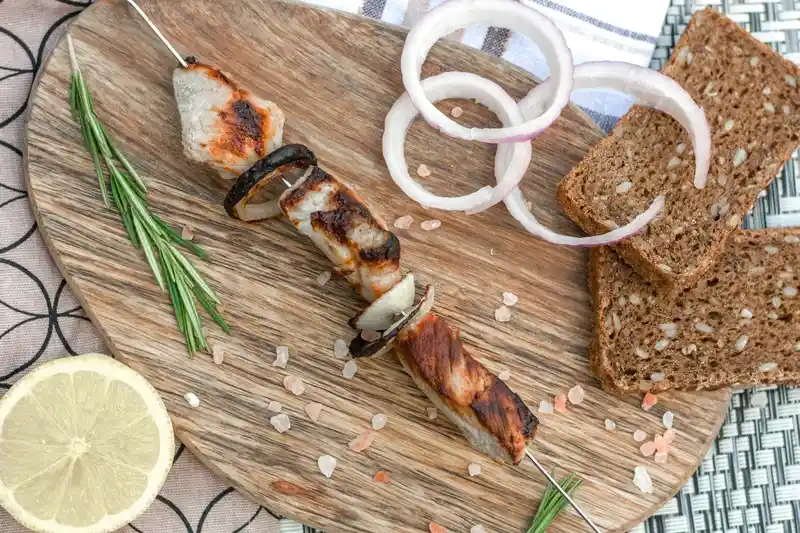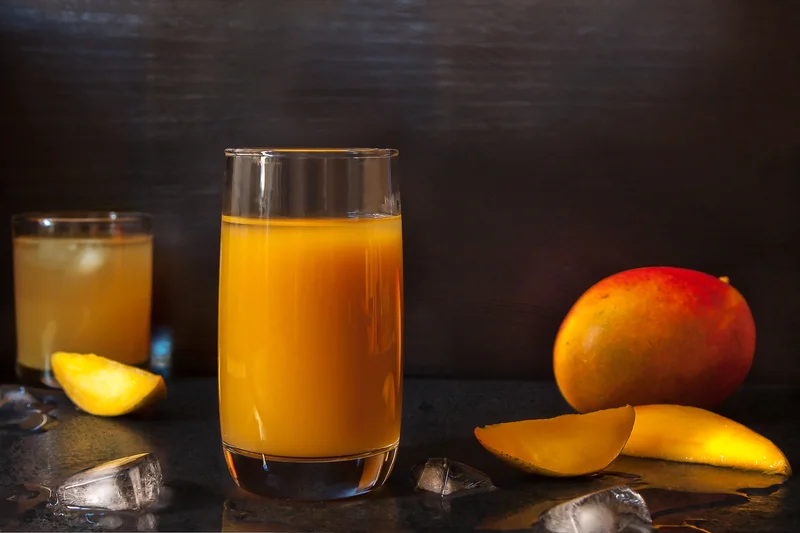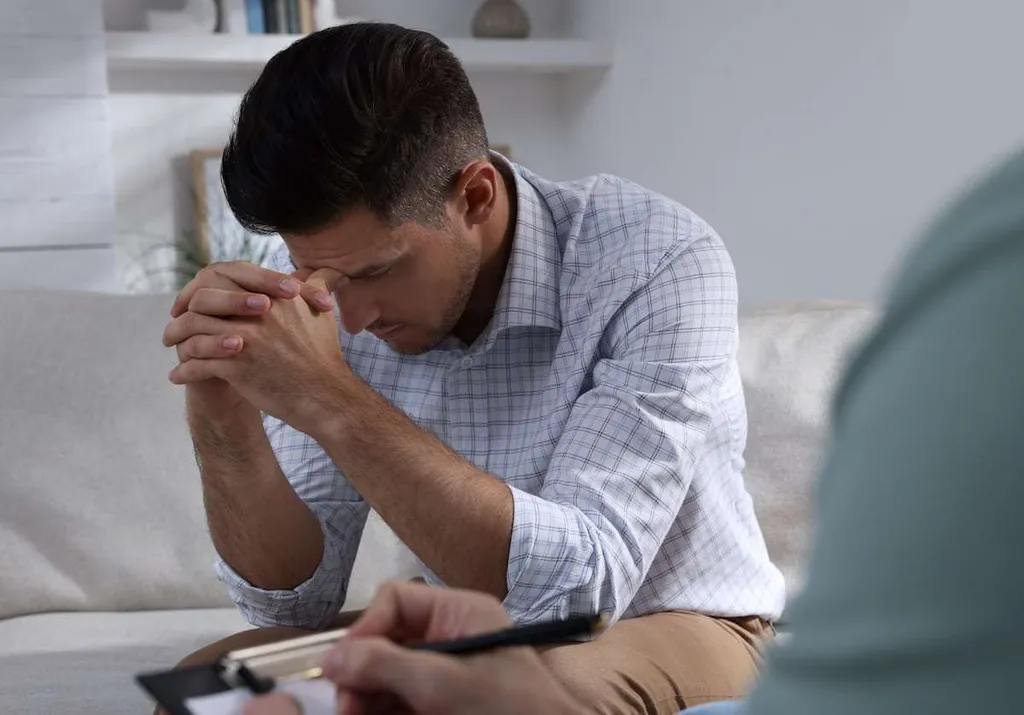
There are numerous different techniques that can be utilized for different individuals to deal with cravings and reduce the risk of relapse. Therapists can instruct individuals in progressive muscle relaxation and diaphragmatic breathing that can be learned rather rapidly, and these can become tools to deal Twelve-step program with cravings. Individuals can then focus on the more complicated aspects of cravings, such as learning about how to fight alcohol cravings, using distraction techniques, understanding triggers, etc.
What medications and devices help treat drug addiction?
- No more drunken arguments, no more saying things you’ll regret, no more choosing alcohol over your partner or missing quality time with your children.
- The cost of these supplements, while a consideration, is minuscule compared to the financial black hole that alcohol creates.
- But once you understand them, you can learn how to curb alcohol cravings.
Many options exist for helping an alcoholic, starting with educating yourself on the disease of addiction. Knowledge about alcoholism equips you for an intervention, finding a treatment center, knowing what to do if they refuse to get help, and taking care of yourself throughout the process. Staying hydrated is also crucial, as dehydration can lead to fatigue and mood imbalances, which may increase alcohol cravings. Aim to drink plenty of water throughout the day and limit the consumption of dehydrating beverages like alcohol and caffeine. While it’s clear alcohol can tug at the brain’s reward system, it’s less known that diet can also affect craving.
Long-Term Coping Strategies to Curb Alcohol Cravings
- Additionally, seeking therapy, either as a family, by yourself, or both, can also help you navigate recovery with your loved one.
- This can prolong some of the effects of naltrexone for up to 70 hours.
- Your immune system strengthens, your skin often clears, and your body begins a profound process of self-repair that alcohol continuously hindered.
Not to mention, the physical withdrawal symptoms you may experience when abstaining are no walk in the park. The intensity of alcohol cravings diminishes the longer you go without drinking, but that doesn’t mean it’s not difficult, no matter how long you’ve stopped drinking or limited your intake. The reality is that conquering alcohol cravings is an ongoing process, but it is absolutely possible! In this article, we’ll explore why alcohol cravings happen and provide tips for managing them. The most commonly used treatment is substance use disorder therapy.

How can I identify my triggers for alcohol cravings?
Outpatient programs allow flexibility while still providing essential support through therapy sessions scheduled throughout the week alongside ongoing monitoring by healthcare professionals. Having a pre-established plan for when cravings strike provides clarity on how to respond effectively rather than impulsively reaching for a drink. This plan might include calling a friend or engaging in an activity that brings joy. Engaging in regular physical activity serves as an excellent distraction from cravings while promoting overall well-being.
- Because addiction can affect so many aspects of a person’s life, treatment should address the needs of the whole person to be successful.
- Willpower, as I’ve come to understand, is like taking a plastic sword to a battle against an armoured knight.
- And keeping track over time gives you the chance to see if your efforts to reduce your urges and cravings are working.
- Different types of medications may be useful at different stages of treatment to help a patient stop abusing drugs, stay in treatment, and avoid relapse.
- As such, you need to learn how to repeatedly say no until the pressure subsides.
- It’s crucial to get medical care when you first quit drinking.
- Choosing fulfilling alternatives to drinking can help manage and reduce their intensity.
What Are the Treatments for Alcohol Use Disorder?
- However, naltrexone also gets metabolized by the liver to become 6-ß-naltrexol, an active metabolite that can have the same effect as naltrexone.
- Alcohol is a registered toxin, a by-product of decaying vegetable matter, no less.
- Naltrexone is an opioid antagonist that binds to the opioid receptors in the brain.
- You may encourage them to call their sponsor, research other treatment options with them such as long-term treatment, or utilize another professional resource.
The practice of mindfulness can be a powerful ally in the fight against cravings. Viewing cravings as waves that come and go allows individuals to observe them without judgment or immediate reaction. This approach, however, requires patience and, often, meditation—resources that might be in short supply, especially in the early stages of recovery.

What Are Alcohol Withdrawal Symptoms?
But when used along with alcohol treatment in San Diego, you can achieve optimal outcomes. Even as cravings begin to fade with time, they have a way of creeping back in when you least expect it. A whiff of alcohol at a restaurant, the tension from a hard day, or simply being around old drinking buddies can suddenly stir up the urge to drink. These triggers don’t always make sense, and they can feel frustratingly powerful.

Medication for Alcohol Addiction
Reaching a state how to help with alcohol cravings of recovery after being actively addicted to alcohol is a major accomplishment. It is important to remember that remaining in recovery, however, is a life-long responsibility that requires a great deal of patience and focus. One of the most difficult challenges that many people face during recovery includes experiencing cravings for alcohol. Learning how to deal with these cravings is critical, as they can seemingly come out of nowhere and be triggered by factors as simple as being hungry, tired, or lonely. Located in Lake Forest, CA, 12 South Recovery offers a supportive environment for people looking to regain control over their lives. We combine medication with mental health counseling and addiction treatment to form a complete support system.



Add a Comment